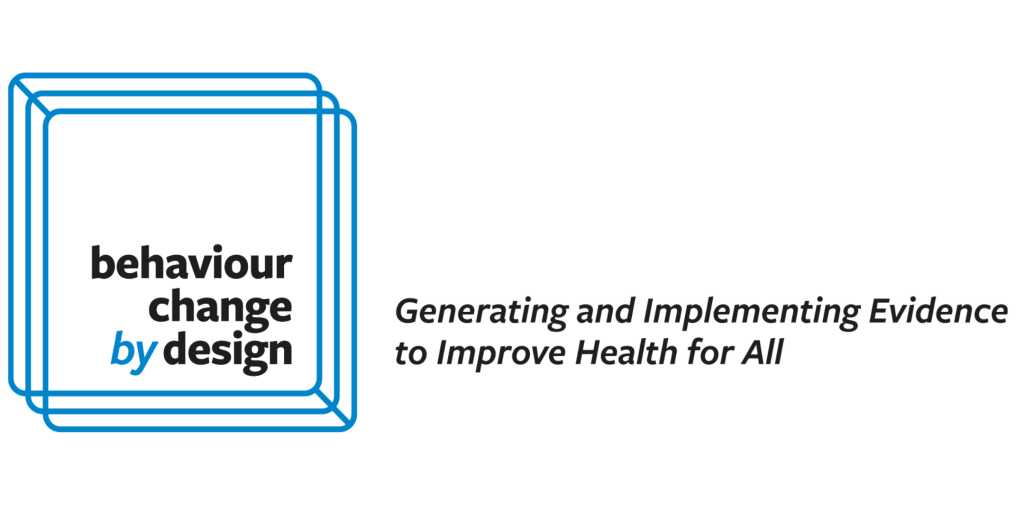 The UK Government levy on sugary drinks producers starts in April 2018. This will potentially influence the cost of a large range of non-alcoholic beverages. Our new study (published 23rd January 2018) looks at how increasing the price of non-alcoholic drinks could influence purchases of alcoholic drinks such as beer, wine and cider, in supermarkets. We found that increasing the price of sugary drinks could increase purchases of lager while increases in the price of diet drinks could increase purchases of beer, cider and wines. Read more about the varying spillover effects of increasing the price of sugary drinks here.
The UK Government levy on sugary drinks producers starts in April 2018. This will potentially influence the cost of a large range of non-alcoholic beverages. Our new study (published 23rd January 2018) looks at how increasing the price of non-alcoholic drinks could influence purchases of alcoholic drinks such as beer, wine and cider, in supermarkets. We found that increasing the price of sugary drinks could increase purchases of lager while increases in the price of diet drinks could increase purchases of beer, cider and wines. Read more about the varying spillover effects of increasing the price of sugary drinks here.
Effect of increasing the price of sugar-sweetened beverages on alcoholic beverage purchases: an economic analysis of sales data. Quirmbach DD, Cornelsen L, Jebb SA, Marteau T, Smith R. (2018)



 To read more about this programme click
To read more about this programme click 